Living Memory
Studying events within living memory can help young children to gain an early understanding of chronology and that history is made all of the time. It also helps them to understand the world and their place within it. Through this Key Stage 1 unit of study, children are introduced to historical concepts, vocabulary and representations through exploring the ways in which life has changed over the time of their parents, grandparents and great-grandparents. This can be used to reveal aspects of national events or changes where possible. Popular areas for this topic include family, toys, holidays, the climate, technology, school, among many others. In this section you will find articles and guidance to help you plan exciting and creative ways to introduce your children to the study of history.
-

Take one day: undertaking an in-depth local enquiry
ArticleClick to view -
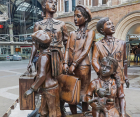
Scheme of work: Journeys - the story of migration to Britain
ArticleClick to view -

Anniversaries: The Coventry Blitz and the Grave of the Unknown Soldier
ArticleClick to view -

Scheme of work: Local history – the story of our High Street
ArticleClick to view -
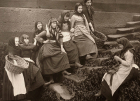
‘Come all ye fisher lassies’
ArticleClick to view -

VE Day: free home learning resource
5th May 2020Click to view -

Using the back cover image: Communications
ArticleClick to view -

Teaching about the Kindertransport without the Kinder
ArticleClick to view -
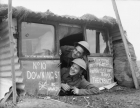
The Phoney War: teaching WWII
ArticleClick to view -
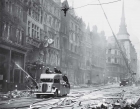
The Blitz: All we need to know about World War II?
ArticleClick to view -

Ideas for assemblies: LGBT History Month
ArticleClick to view -
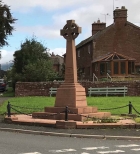
Using the back cover image: Lest We Forget
ArticleClick to view -

Women in parliament since 1918
ArticleClick to view -

World War I: widening relevance in the modern world
ArticleClick to view -

‘So why did they go into hiding?’ Anne Frank in her historical and social context
ArticleClick to view -
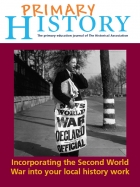
Incorporating the Second World War into your local history work
ArticleClick to view -
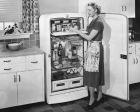
Food – a theme for learning about the past
ArticleClick to view -

What can you do with an old postcard?
ArticleClick to view -

Here comes the ‘60s
ArticleClick to view -

Women’s History Month: Female Voices
ArticleClick to view

